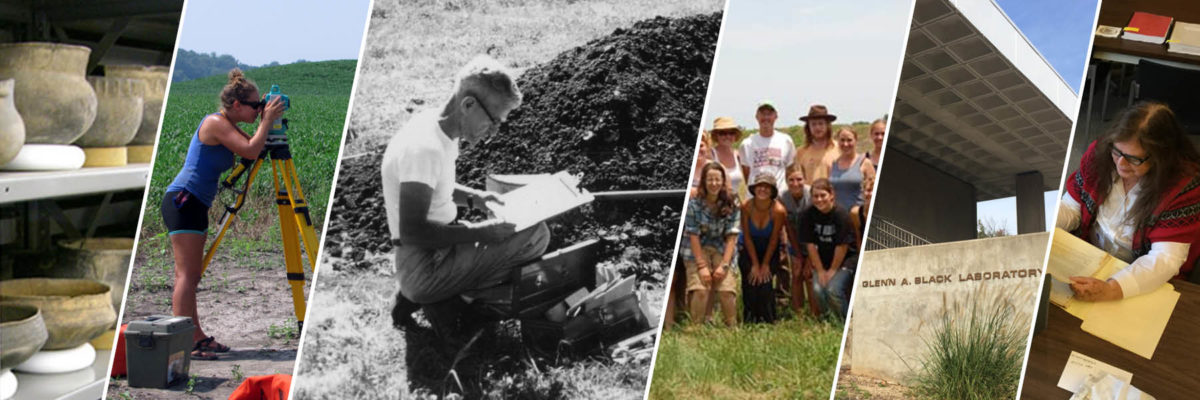February 25, 2017
by Rachna Chaudhari, Bicentennial Intern, Spring 2017

These days, it is so easy to find out information. You may even find something you are not looking for! With internet accessibility and everyone posting readily on every social media outlet that is available, it’s simple. The internet is still relatively new, from its birth in the early 1990’s. Before this, people used much slower methods to obtain information, such as paging, telephoning, and letter writing. Going back even farther to the 19th century, the only form of communication that existed was letter writing. The railroad did not arrive to Bloomington until 1853, and so horse and buggy was the method of transportation used to deliver letters.
It can be assumed that gossip was a common theme of the 19th century, as the Wylie family correspondence contained a lot of it. The Wylie gossip varied greatly; from talk about townspeople to talk about other members of the family. Even in the 19th century, daughters were rebelling against their fathers. In one correspondence dated February 21, 1847, Andrew Wylie says, “Irene learns well: but has gone to balls: a thing of which I do not approve.” Irene was the 9th child of Andrew Wylie, and would have been 18 when Andrew wrote that letter to Samuel Theophylact Wylie.
A faster form of communication came about when the Morse telegraph connected Baltimore to Washington, D.C., in 1844. Now, there was a way for people to get in contact with each other quickly when there were emergencies. Telegraphic speech is simple; consisting of only about 3 or more word sentences. It would not have been practical to send long-winded, elaborate messages like the ones seen in the family letters. The telegraph was quickly outshined and became obsolete, however, by other forms of communication like the telephone.
The telephone was not invented until 1876, 25 years after Andrew Wylie had already passed, and so gossiping in the early-mid 19th century was done through letter writing. Gossip may have been a few weeks or even months old (if it got lost on the way) by the time the news got to the recipient. It is hard to imagine receiving news in such a delayed fashion when this day in age, we are constantly being overloaded with new information every few seconds. Often times, letters would be sent, only for the sender to wonder if the recipient still resides in the same dwelling. In those cases, the letter may never reach the recipient, and the news would be lost forever. In one such instance, Margaret Wylie Martin writes in the first sentence to her sister Elizabeth Wylie McCalla, “enclosed I send a letter to bro. Anderson for you to direct as I do not know whether he is still living at Le Roy N.Y. or not.”
Various family members do their fair share of gossiping, from Andrew Wylie to John H. and Elizabeth Wylie. It is refreshing to note that John H. Wylie would not allow himself to gossip about the dead. He wrote to his sister Elizabeth on April 28, 1851; “Poor Sam, when I write of him or speak of him my tears flow—in reading the other day a book entitled “The Reveries of a Bachelor” I met with the following which reads off my own heart so perfectly…’there are some that talk at table and in their gossip, of dead friends; I wonder how they do it; For myself when the grave has closed its gates on the facts of those I love—however busy my mournful thought may be, my tongue is silent. I cannot name their names: it shocks me to hear them named. It seems like tearing open half-healed wounds and disturbing with harsh worldly noise, the sweet sleep of death.’”
References
History.com Staff. 2009. Morse Code & the Telegraph. A+E Networks. Retrieved from http://www.history.com/topics/inventions/telegraph. Accessed on 23 February 2017.
[Letters], Wylie Family Correspondences, Collection C203, Indiana University Archives, Bloomington.

